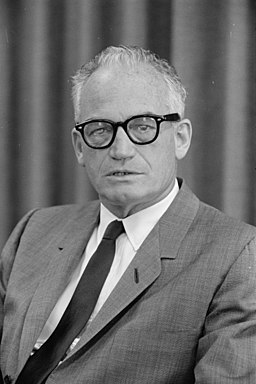
Photo of Carmen Miranda from a 1941 issue of New York Sunday News (Public Domain)
Dr. Cleveland Evans writes about names for the Omaha World-Herald. In his July 3rd column, he looks at the name Miranda.
Miranda plays on the “Green” five more times this summer.
Omaha’s Shakespeare on the Green festival started June 23. Its two 2022 plays are “Othello” and “The Tempest,” with performances of the latter scheduled July 8, 10, 13, 14 and 16.
Miranda, the only female character in “The Tempest,” is the teenaged daughter of Prospero, a sorcerer who was Duke of Milan before his brother, Antonio, usurped the throne. When a ship carrying Antonio along with Alonso King of Naples and Alonso’s son, Ferdinand, sails by the island where Prospero is exiled, he conjures up a tempest, forcing them to land. Miranda and Ferdinand then fall in love.
Shakespeare created the name Miranda from Latin “mirandus,” meaning “admirable, wonderful.” When Ferdinand asks for Miranda’s name “that I might set it in my prayers,” his response to “Miranda” is “Admired Miranda! Indeed the top of admiration! Worth what’s dearest to the world!”
Coincidentally, Miranda’s a common Spanish and Portuguese surname, derived from places whose names meant “lovely” or “watchtower.”
In the 1700s, Shakespeare fans began naming daughters Miranda. By 1800, alternative spellings Maranda and Meranda appeared.
The name became much more popular in America than Britain, probably because it sounded like Amanda, another American favorite. In the 1850 United States census, there were 6,432 Mirandas, Marandas and Merandas. The 1851 British census found only 265, though total populations were similar.








